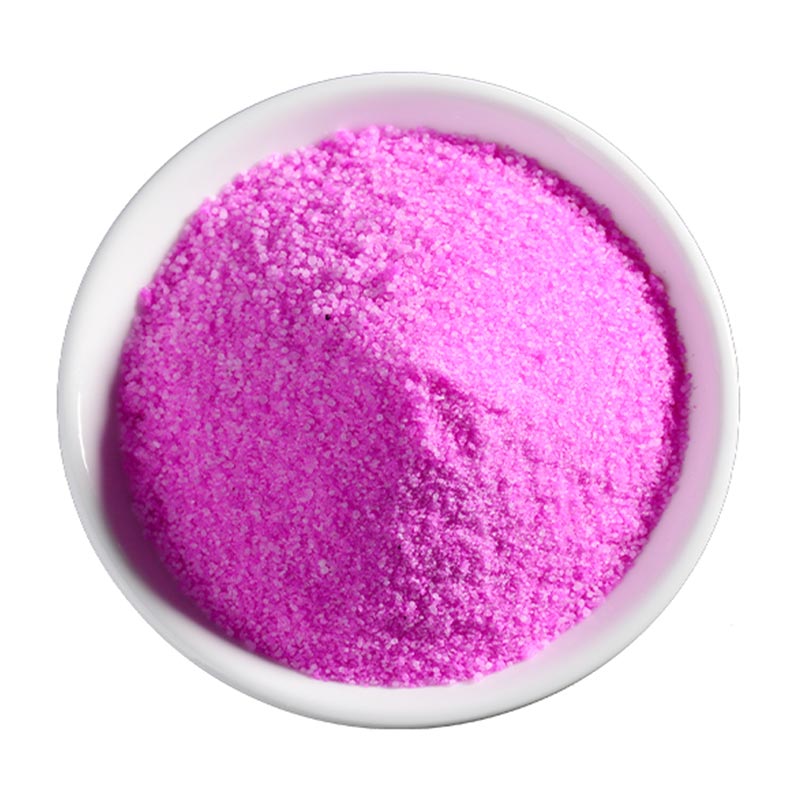1. What is garden fertilizer?
Garden fertilizer is a product that provides essential nutrients to plants, helping them grow and thrive.
2. Why do plants need fertilizer?
Plants need fertilizer to obtain essential nutrients like nitrogen, phosphorus, and potassium that are crucial for their growth and development.
3. What are the primary nutrients in fertilizer?
The primary nutrients in fertilizer are nitrogen (N), phosphorus (P), and potassium (K), often represented as NPK on packaging.
4. What is the difference between organic and synthetic fertilizers?
Organic fertilizers are made from natural materials, while synthetic fertilizers are chemically manufactured. Organic fertilizers release nutrients slowly, while synthetic ones provide a quick nutrient boost.
5. When should I fertilize my garden?
Fertilize in early spring before plants start growing, and periodically during the growing season. Follow specific plant requirements for timing.
6. How often should I fertilize my garden?
The frequency of fertilization depends on the type of plants and the fertilizer used. Most plants benefit from fertilization every 4-6 weeks during the growing season.
7. How much fertilizer should I use?
Follow the instructions on the fertilizer packaging. Over-fertilization can harm plants, so it's crucial to measure accurately.
8. Can I use the same fertilizer for all my plants?
Different plants have different nutrient requirements. It's best to use a fertilizer that suits the specific needs of each plant.
9. What is slow-release fertilizer?
Slow-release fertilizer gradually releases nutrients over an extended period, reducing the risk of over-fertilizing.
10. Is it better to use liquid or granular fertilizer?
Both forms have their advantages. Liquid fertilizers work quickly, while granular ones release nutrients slowly. Choose based on your plants' needs and your gardening style.
11. Can I make my own fertilizer at home?
Yes, you can make homemade compost or organic tea fertilizers using kitchen scraps and yard waste.
12. What is pH, and why is it important for fertilizing?
pH measures soil acidity or alkalinity. Proper pH levels are crucial for nutrient uptake by plants. Most prefer a pH between 6 and 7.
13. How do I test my soil's pH?
Soil pH test kits are available at garden centers. You can also send a soil sample to a lab for professional testing.
14. What is the best time of day to apply fertilizer?
Apply fertilizer in the early morning or late afternoon when it's cooler to prevent burning plant leaves.

15. Can I mix different fertilizers together?
Yes, but be cautious. Mixing fertilizers should only be done if you understand the nutrient requirements of your plants and how the fertilizers will interact.
16. What is a complete fertilizer?
A complete fertilizer contains all three primary nutrients (NPK) and provides balanced nutrition for plants.
17. How can I tell if my plants are nutrient deficient?
Signs of nutrient deficiency include yellowing leaves, stunted growth, and poor flowering or fruiting.
18. Can I use too much fertilizer?
Yes, over-fertilization can harm plants by causing nutrient imbalances, root burn, and environmental issues.
19. What's the difference between quick-release and slow-release fertilizers?
Quick-release fertilizers provide nutrients rapidly but may require more frequent applications. Slow-release fertilizers release nutrients gradually, reducing the need for frequent reapplication.
20. Is there a natural way to deter pests in the garden?
Certain organic fertilizers can help repel pests. For example, neem oil acts as both a fertilizer and a pest deterrent.
21. Can fertilizer harm the environment?
Overuse of chemical fertilizers can harm the environment by causing nutrient runoff and water pollution. Use them responsibly.
22. Should I fertilize before or after planting?
Fertilize before planting to provide essential nutrients for the initial growth.
23. What's the difference between micro and macronutrients?
Macronutrients, like NPK, are needed in larger quantities. Micronutrients, such as iron, are required in smaller amounts.
24. Can I use old or expired fertilizer?
It's best to avoid using old or expired fertilizer, as nutrient content may have degraded, making it less effective.
25. How do I choose the right fertilizer for my garden?
Consider your soil type, plant type, and the specific nutrient needs of your plants when choosing a fertilizer.
26. Are there eco-friendly or sustainable fertilizers?
Yes, organic and slow-release fertilizers are more eco-friendly and sustainable options compared to chemical ones.
27. Can I use human urine as fertilizer?
Yes, diluted human urine can be used as a nitrogen-rich fertilizer, but it should be used with caution to avoid over-fertilization.
28. How do I prevent fertilizer burn on my plants?
To prevent fertilizer burn, follow the recommended dosage, water plants thoroughly after application, and avoid applying in hot, dry conditions.
29. Can I store fertilizer for a long time?
Store fertilizer in a cool, dry place, and it can last for several years. Keep it in its original, sealed packaging.
30. What's the difference between foliar and root fertilization?
Foliar fertilization involves spraying fertilizer directly on plant leaves, while root fertilization applies it to the soil.
Remember that the right fertilizer and proper application are essential for a healthy garden. Always follow recommended guidelines to ensure your plants receive the nutrients they need without harm to the environment.





Comments
All Comments ( 0 )